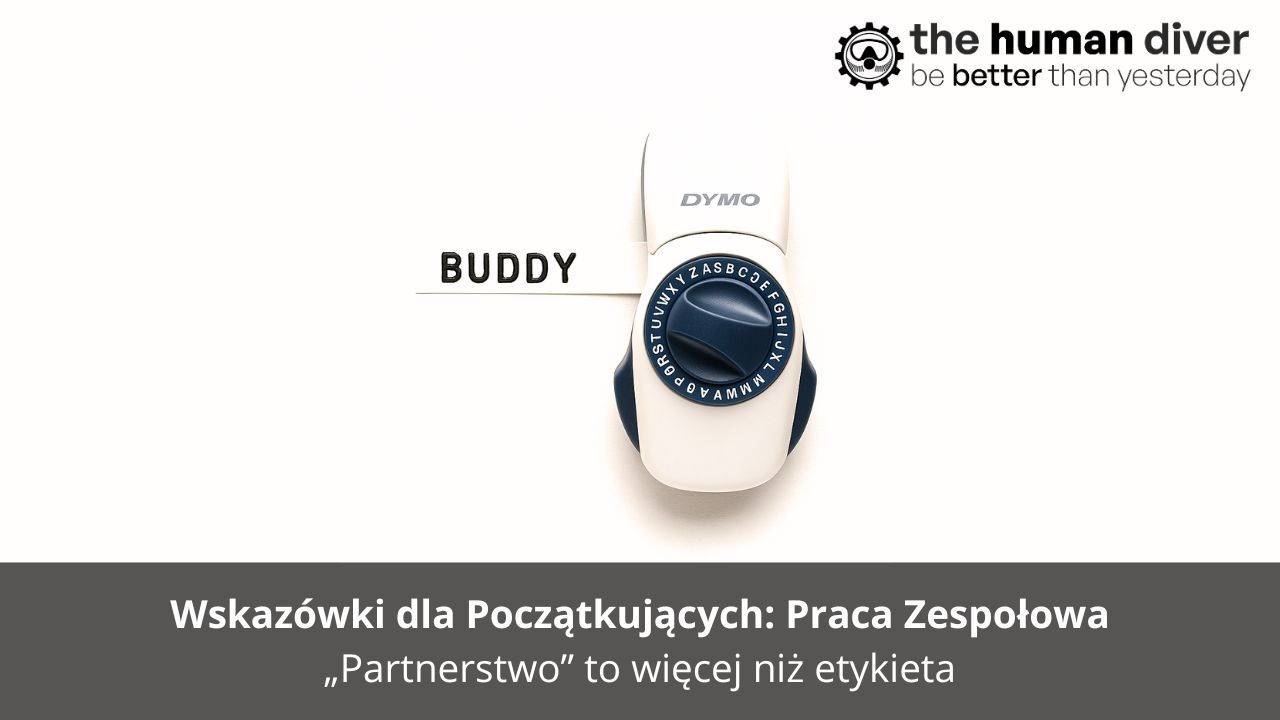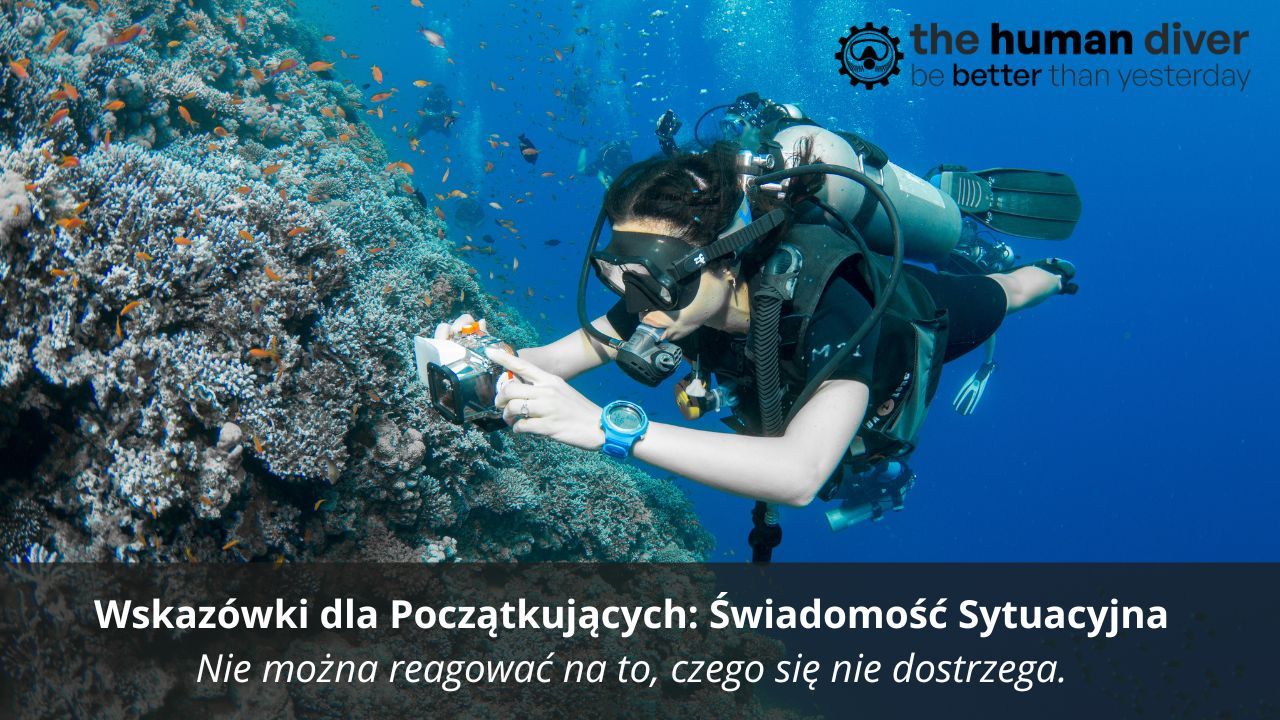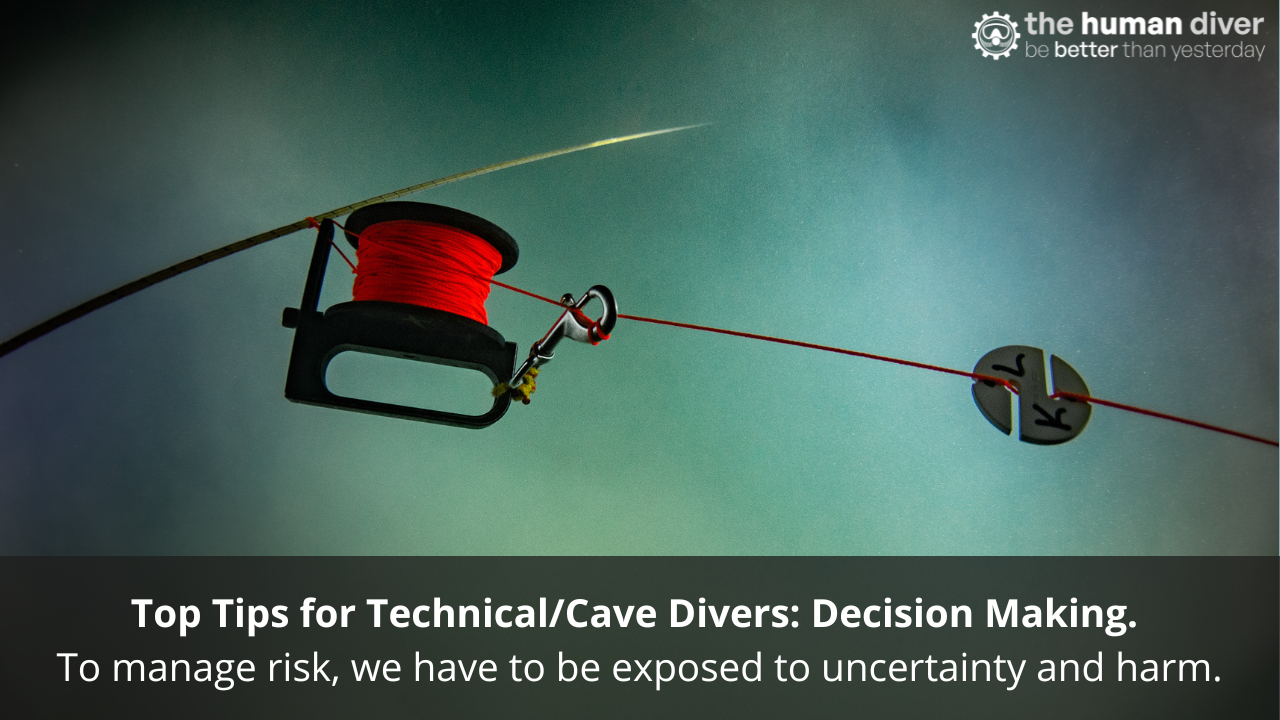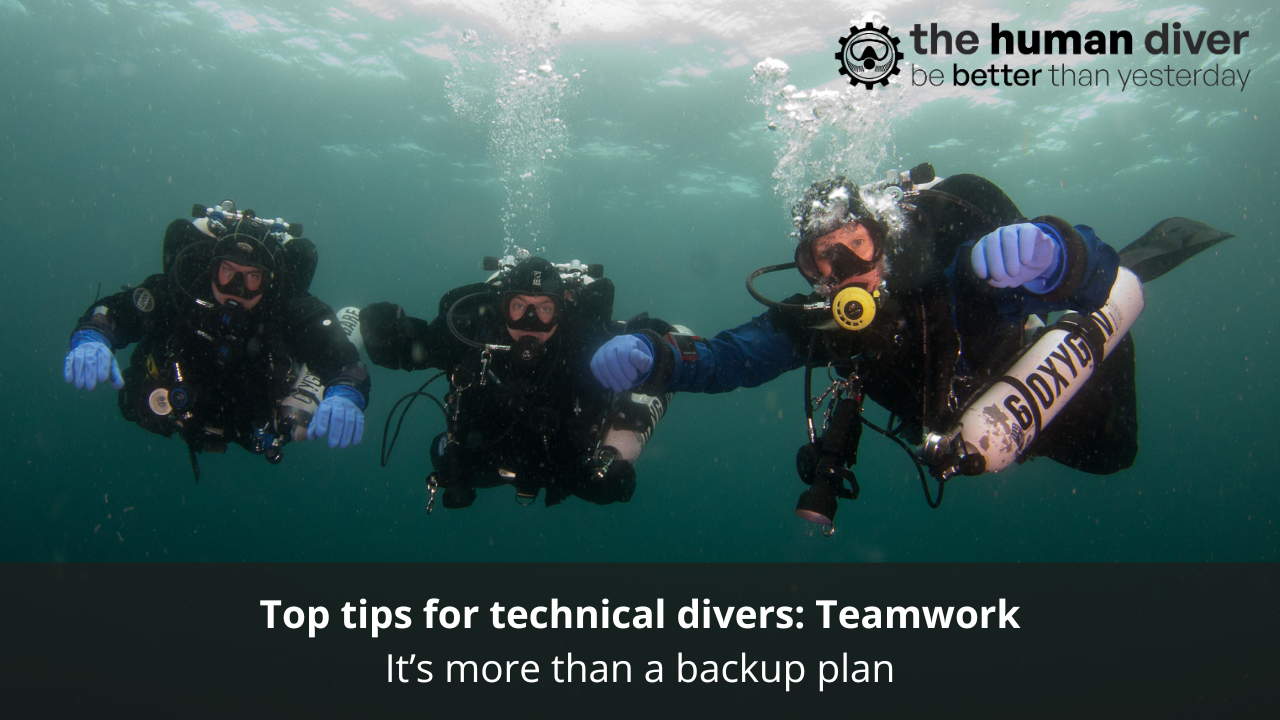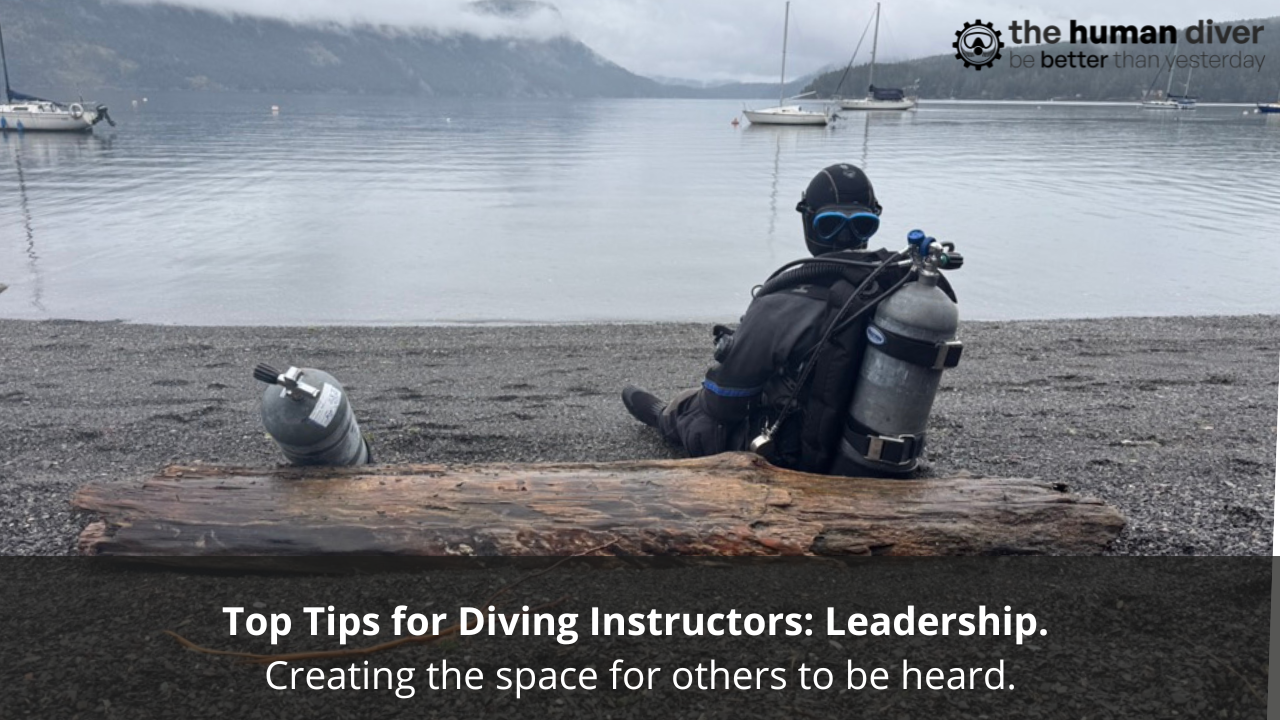
The Five Hazardous Attitudes
Dec 06, 2023“On September 27, 2023, about 2249 central daylight time, a Piper PA-28-161, N3079M, was destroyed when it was involved in an accident near Whitesville, Kentucky. The flight instructor and student pilot were fatally injured.”
National Transportation Safety Board, Aviation Investigation Preliminary Report
What does this have to do with diving? We don’t normally operate several thousand feet up in the air but we are operating in a hazardous environment where accidents are possible. Along with that, we are also taught by instructors and this is where the similarities with this accident exist.
It is the actions and attitude of the instructor prior to this crash that I want to focus on. The technical reason for the crash is that the plane was flown into a storm which ripped the plane apart. However, as divers we can learn far more from the non-technical reasons as there is a lot of cross-over.
Human Factors and Non-Technical skills originally came from aviation. It was seen that a lot of issues that were happening were so called “Human Error” so studies were made and systems put in place to try and reduce these. It is these subjects that we at The Human Diver teach to try and make diving safer. In the UK aviation is governed by the Civil Aviation Authority (CAA), in the US it’s the Federal Aviation Authority (FAA). They teach according to slightly different standards but one thing they do is require all pilots to learn about “Airmanship” or “Aeronautical Decision Making”. One of the key parts of this subject are the five hazardous attitudes. When I first heard of these it was a moment of sudden realisation for me, the comparison was obvious. Let’s dig in so I can show you why this is such an important topic for divers.
The Five Hazardous Attitudes
1. Anti Authority or “Don’t tell me what to do”. We’ve most likely all encountered all the attitudes I’m about to describe. This one is the instructor who knows best. They don’t need to follow the standards because they’ve taught the course before and know what they’re doing and anyway, they’re only guidelines for lesser instructors, right?!
Antidote: The rules are that way for a reason, so follow them. Understanding the reason for the rule will help you to see why it’s there.
2. Impulsivity or “Come on, let’s do it now”. These are the instructors who don’t want to wait for anything. “Hurry up, get the buddy check over and done with (or even worse, don’t worry about doing one) so we can dive.” They’re the ones who see something interesting on the dive and leave their students to go and look at it.
Antidote: Stop, breathe, think, act. It’s rare to have to make a split second decision in diving, especially if you have something to breath".
3. Invulnerability or “That only happens to other people”. “Running out of gas? Wouldn’t ever happen to me.” “I know this is nitrox, I don’t need to analyse”. These ones think incidents and accidents only happen to other people because they’re idiots, this instructor knows everything and wouldn’t ever make such stupid mistakes.
Antidote: It could happen to anyone. Staying humble and admitting your own fallibility helps keep you safe.
4. Macho or “Watch me, I can do this”. This instructor will take unnecessary risks because they need to prove they’re the best, or at least better than you. “I’ve been to xx* metres depth, on a single tank!”. *(Pick any depth below recreational limits).
Antidote: Taking risks is foolish. If this goes wrong, can you justify it in court or to family and friends?
5. Resignation or “What’s the point”. If things get too difficult, they’ll just give up. “My student wasn’t looking at me so I didn’t bother checking their gas.”
Antidote: I’m not helpless, I can make a difference. Never give up. There’s always something you can do.
I believe if these were taught in all instructor level courses, it would reduce the number of incidents that happen every year. Sadly, as it is many instructors pass their (negative) attitudes on to their students, causing the cliche of the egotistical instructor to continue on.
What does all this have to do with the crash I mentioned at the start? Well, the instructor was not the students normal instructor and from the start was posting Snapchat stories criticising the student. These screen shots are from that story:

As you can see, he is demonstrating more than one of those hazardous attitudes. Sadly, I’ve seen this same attitude demonstrated many times from dive instructors. It’s become a joke in some places that the higher the certification level of the instructor, the more “god-like” attitude they display. As we can see from this case; that’s exactly the kind of attitude that gets people killed. Even if the instructor is lucky, and their student survives, there’s a good chance they may never want to dive ever again. I have encountered a lot of people who have been put off diving because of an arrogant instructor who scared them, made them feel uncomfortable or in danger, or just made them think that they would never be any good at diving, so were discouraged from continuing.
Worst of all, these attitudes aren’t just experienced in instructors but in divers of all levels. I will never forget the Great Lakes tech diver who insisted that he needed about three times the weight I recommended, and spent the whole dive with an almost fully inflated wing. Of course, he knew better than me. Or the newly certified rebreather diver who suddenly descended by 15m part way through our dive, taking him well beyond his certification limit and planned gas PPO2. He proudly announced afterwards that he’d broken his “personal record” and was shocked when I promptly refused to dive with him again, having spent the two minutes he was below me resisting the urge to chase him down, knowing that I would never catch him and would only be putting myself at risk. Or finally the dive guide who insisted that taking his recreational diver below 40m on air and through a very silty, partially overhead canyon was perfectly acceptable as “he’s a good diver”.
We can all be better and being conscious of these attitudes is a huge start. Knowing the antidotes is even better. Hopefully one day we’ll have something similar in diving instructor courses, to help people notice them and reduce them in our community. Until then we need to stay aware of them, watch out for them and encourage positive attitudes instead.
For more about this from a flight instructor's perspective:
https://www.aviation101.com/deathbyflightinstructor

Jenny is a full-time technical diving instructor and safety diver. Prior to diving, she worked in outdoor education for 10 years teaching rock climbing, white water kayaking and canoeing, sailing, skiing, caving and cycling, among other sports. Her interest in team development started with outdoor education, using it as a tool to help people learn more about communication, planning and teamwork.
Since 2009 she has lived in Dahab, Egypt teaching SCUBA diving. She is now a technical instructor trainer for TDI, advanced trimix instructor, advanced mixed gas CCR diver and helitrox CCR instructor.
Jenny has supported a number of deep dives as part of H2O divers dive team and works as a safety diver in the media industry.
If you'd like to deepen your diving experience, consider taking the online introduction course which will change your attitude towards diving because safety is your perception, visit the website.
Want to learn more about this article or have questions? Contact us.

